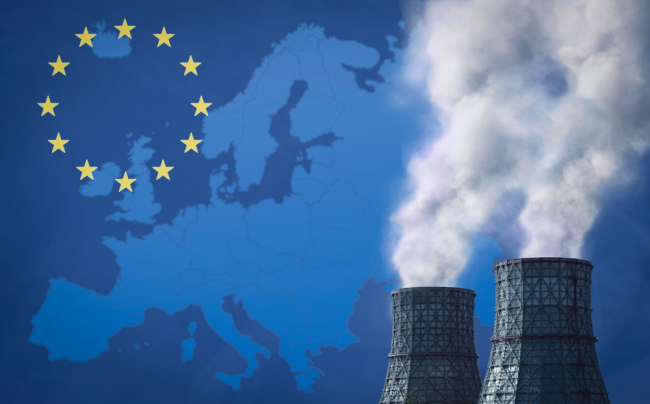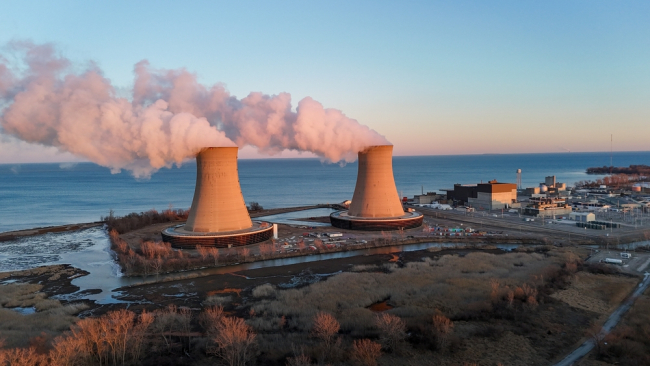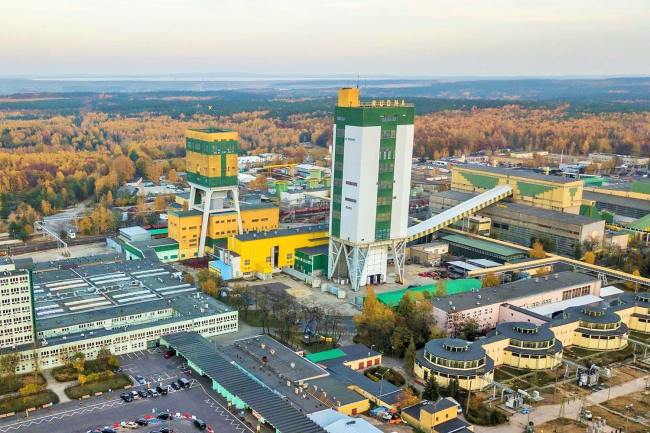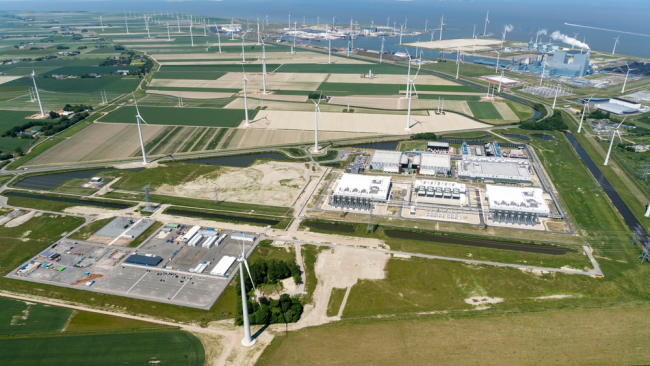Is the TEN-E Regulation Fit for a Decarbonized Future? A Battle to Shape the European Energy Transition
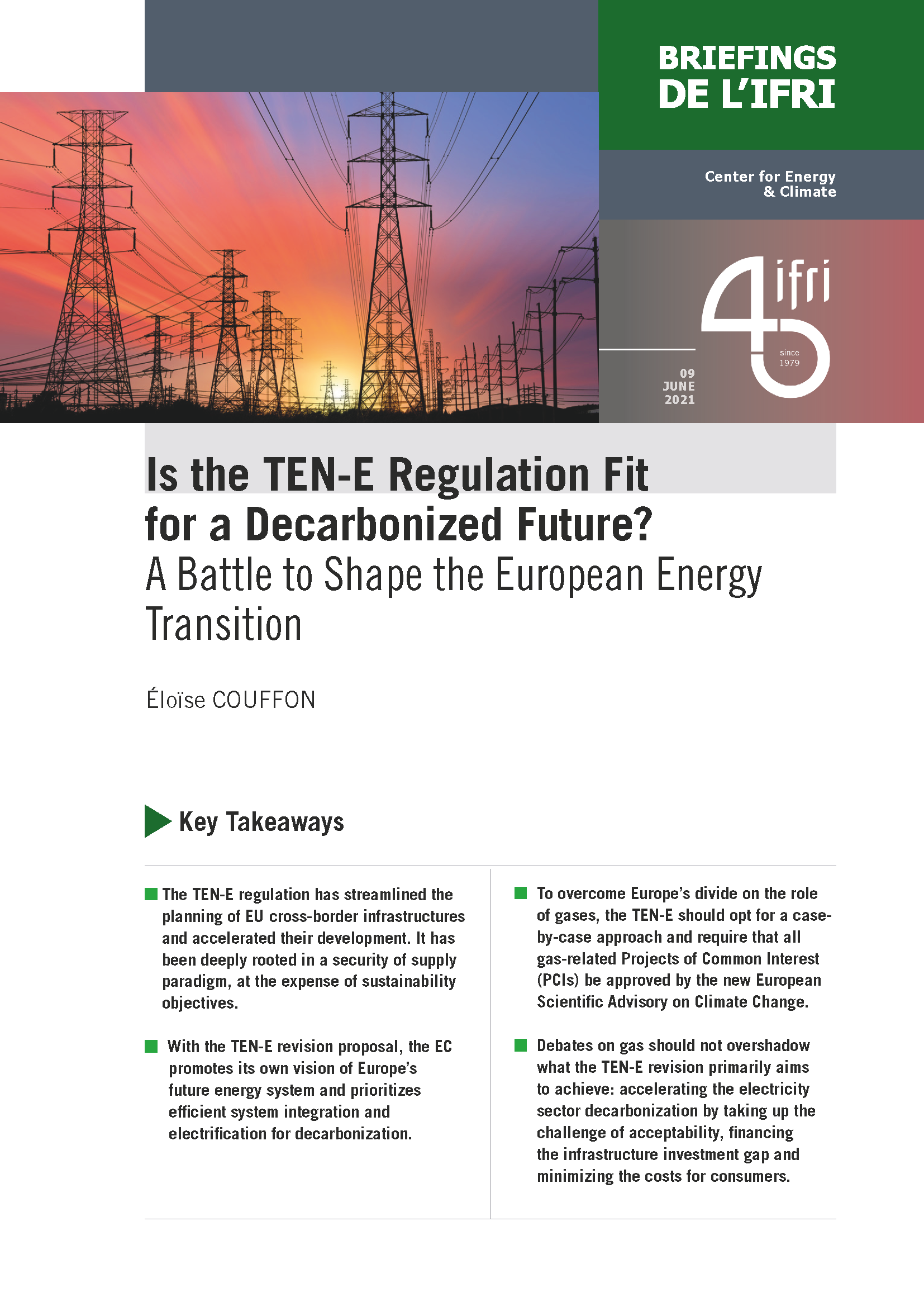
The European Union’s energy infrastructure policy has become obsolete with the adoption of both the Green Deal and the 2050 climate neutrality target. The ongoing review of the regulation on Trans-European Energy Networks (TEN-E) should lead to an-depth discussion on Europe’s energy transition strategy.
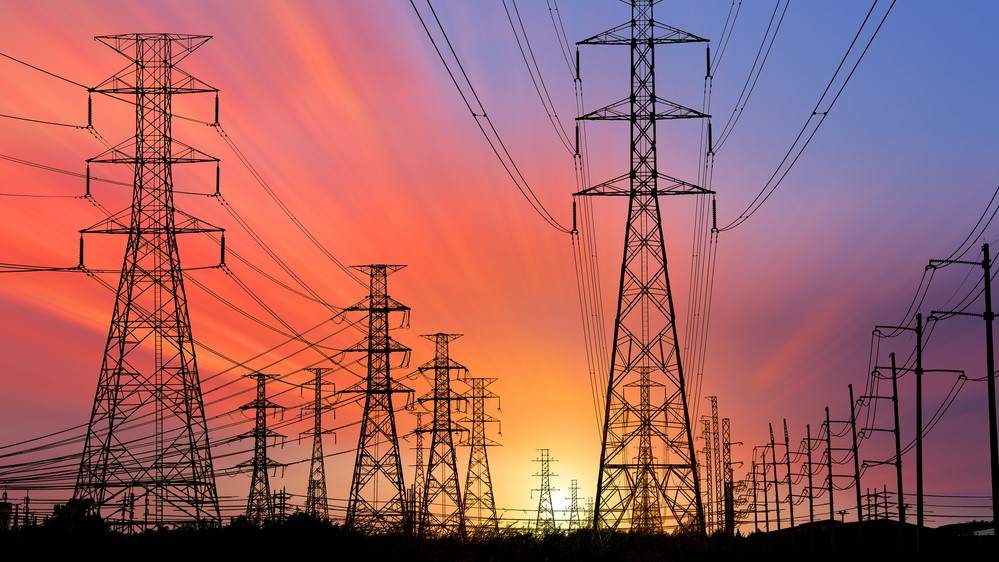
• The TEN-E regulation has streamlined the planning of European Union (EU) cross-border infrastructures and accelerated their development. It has been deeply rooted in a security of supply paradigm, at the expense of sustainability objectives.
• With the TEN-E revision proposal, the European Commission (EC) promotes its own vision of Europe’s future energy system and prioritizes efficient system integration and electrification for decarbonization.
• To overcome Europe’s divide on the role of gases, the TEN-E should opt for a case-by-case approach and require that all gas-related Projects of Common Interest (PCIs) be approved by the new European Scientific Advisory on Climate Change.
• Debates on gas should not overshadow what the TEN-E revision primarily aims to achieve: accelerating the electricity sector decarbonization by taking up the challenge of acceptability, financing the infrastructure investment gap and minimizing the costs for consumers.

Available in:
Regions and themes
ISBN / ISSN
Share
Download the full analysis
This page contains only a summary of our work. If you would like to have access to all the information from our research on the subject, you can download the full version in PDF format.
Is the TEN-E Regulation Fit for a Decarbonized Future? A Battle to Shape the European Energy Transition
Related centers and programs
Discover our other research centers and programsFind out more
Discover all our analysesReconnecting With Europe's Nuclear DNA: a Political Question
As Europe's main source of low-carbon electricity, nuclear power is a strategic asset for tackling climate and geopolitical challenges.
Will the Western Nuclear Power Revival Take Place? The State of Extra-European Advances
Against the dual backdrop of the energy transition and the rapid transformation of the international order, the question of Western nuclear revival is being raised with renewed acuity.
Re-evaluating Copper Supply: The Crucial Role of Technology
Some authors argue that the energy transition is doomed to fail due to metal scarcity and the rising energy costs of extraction.
The Strategic Dimension of Power System Flexibility: Opportunities in Europe
The European Union has embarked on an energy transition aimed primarily at replacing fossil fuels by electrifying demand.





